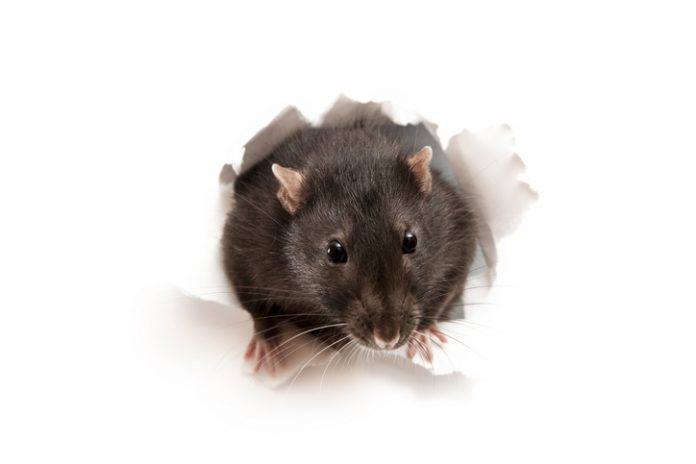
Apparently rats, insects, and other unwelcome hotel visitors didn’t get the memo about social distancing. As entomologist Michael Bentley, director of education and training of the National Pest Management Association (NPMA), says, decreased human foot traffic and fewer food sources during the COVID-19 public health crisis has panicked and emboldened newly food insecure pests like rodents and roaches, who not only gross-out guests but potentially precipitate additional public health crises. Bentley described for LODGING both the dangers of letting the problem get out of hand and the opportunities available to get it under control during the coronavirus pandemic.
Bentley stresses the importance of having a pest control plan in place under normal circumstances. “You should already be working with a pest control professional—one licensed and trained to identify what the untrained eye may overlook or dismiss—for example, what appears to be dirt buildup in a corner that is in fact accumulation of rodent feces.” This plan, he says, should involve monthly inspections, regular walk-throughs, and evaluations of exclusionary measures around the structure.
While most businesses—especially hotels—routinely engage pest control services to prevent critters from doing damage to property and offending guests, he says an even greater concern should be the public health threat they represent. “Many of the pests we encounter in our homes and businesses are dangerous harborers of disease. Rodents, cockroaches, and such can infect humans with pathogens because they can easily pick up and transfer bacteria and other organisms that make us sick,” he explains. Bentley warns that the danger of trading-off one public health concern for another is a real one, saying, “The last thing we want now on top of the COVID-19 pandemic is a food-borne illness outbreak or a proliferation of respiratory issues linked to the proteins found in the feces of roaches and rodents.”
Noting that these pests are highly adaptive, Bentley says the combination of less food and less human monitoring has forced them to change their behavior. “Of course, they don’t understand social distancing guidelines; they’re just doing what they need to do to find food, which is to a much lesser extent available in the usual places, like outside dumpsters and kitchen trash, and with less oversight by humans, they are venturing out to new places.”
He says this is no time to let up on pest control measures in general. Quite the contrary. “Hotel managers can use this time to work with a pest control professional to make headway against a challenging pest issue they may be experiencing.” The good news-bad news result of pests’ efforts to find increasingly scarce food in increasingly empty hotels is that it is easier for pest control professionals to deploy a primary tool of the trade for cockroaches and rodents—insecticide-impregnated bait to attract and vanquish the hungry pests.
He says in addition to maximizing use of the bait, hotel managers can step up exclusion efforts that can be difficult to implement in normal times when the hotel is teeming with guests and employees. “This is the time to make sure doors and windows have properly functioning seals and door sweeps—important things often put on the back burner when you don’t want to shut down your primary entry point because it will interrupt business.”
Bentley stresses the importance of continued diligence and vigilance. “This is not the time to relax pest control efforts. You should continue your regular schedule of inspections by pest control professionals; work with them to take advantage of conditions we’re under now, making sure that no pest issues develop during this time of reduced traffic and food. Staff should know that even the simplest things, like securing lids on garbage cans, can go a long way in reducing rodent activity in and around a structure—particularly now when they are going to extra effort to find any available food source.”
Bentley reiterates the need to use the current crisis advantageously, and to never lose sight of the public health dangers posed by unchecked pest populations. “We now have the opportunity to take advantage of a unique and concerning time to gain the upper hand with some of the most dangerous and deadly pests we encounter on a regular basis.”











